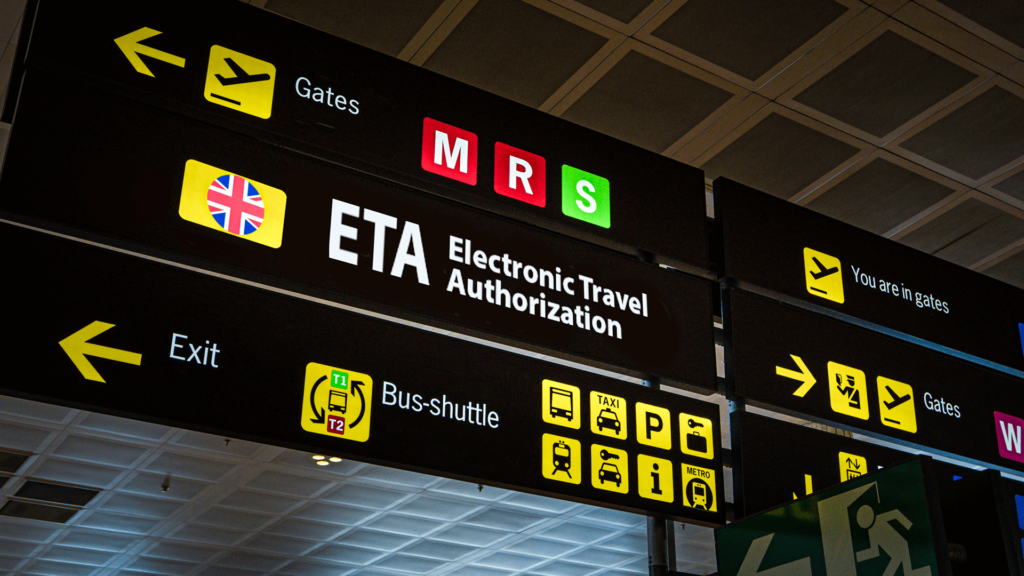The PL had referred the case to the Commission in March 2023 following 1 charge relating to a possible PSR breach. Everton admitted acting in breach for the 2021/22 season but pointed to significant reductions to its losses as a mitigating factor, down £76m from the previous year’s loss of £121m.
The Commission’s findings
Following a five-day hearing on 16th-20th October 2023, the Commission determined that Everton’s PSR calculation for the relevant period resulted in a loss of £124m, which exceeded the threshold of £105m permitted under the PSR. The Commission imposed an immediate 10-point deduction. The full written reasons can be accessed here.
In addition to a potential relegation, Everton faces the prospect of being sued by clubs who were relegated in the past two seasons after the chair of the Commission, David Phillips KC, indicated that Leeds United, Leicester City, Southampton, Burnley and Nottingham Forest all had “potential claims” for compensation.
Everton has announced its intention to appeal the decision which must be lodged within 14 days. Everton says it will monitor closely the decisions made in any other cases concerning PSR.
Capital Law is familiar with two of the lead KCs involved in the proceedings: Nick De Marco KC and David Philips KC who acted as lead Counsel in Cardiff City FC’s negligence claim against its insurance broker, which settled in the summer.
Manchester City – Next in line?
Earlier this year, Manchester City were also referred to an independent commission over 115 alleged breaches of finance rules since the club were acquired by the Abu Dhabi-based City Football Group in 2009. No verdict has been reached yet in the case against Manchester City.
What are the PSR about?
The PSR promote similar objectives to the Financial Sustainability Regulations of UEFA, and the Profitability & Sustainability Rules of the English Football League. They are designed to promote financial stability and sustainability amongst PL clubs by:
- limiting the losses that PL clubs can incur
- ensuring that clubs are financially responsible
- guarding against unlimited cash injections from owners and
- ensuring clubs do not spend beyond their means.
How do the PSR operate?
Profitability and Sustainability is captured under section E of the Premier League Handbook (the “Handbook”).
Rule E.47 states that by 31 March in each season, every PL club must submit to the PL its accounts for T-1 and T-2 (the accounts for the preceding year and the year before that) together with its estimated profit and loss account for T (the current year).
If the aggregation of a club’s earnings before tax in T-1 and T-2 results in a loss the club must by 31 March also submit to the PL, its PSR calculations. Those calculations are required to show the club’s adjusted earnings before tax for each of T, T-1 and T-2 (The adjusted earnings before tax means the earnings before tax excluding costs incurred, broadly speaking, on matters that the PL recognises to be in the general interest of football).
Under the PSR, a loss of up to £15m is largely forgiven.
If the loss exceeds £15m but is less than £105m the club is required to provide the PL forecasting to the end of T+2 (the year after the following year), as well as to satisfy the PL of its ability to provide evidence of Secure Funding (as defined by the Handbook at A.1.221).
If the PSR Calculation results in losses of more than £105m the PL may impose budgetary/financial restrictions on the club and shall refer the matter to a commission by way of a Rule W complaint. It is such a complaint that the Commission was asked to determine in these proceedings.
If you require any advice on general sports law or the PSR, please contact our sports team




